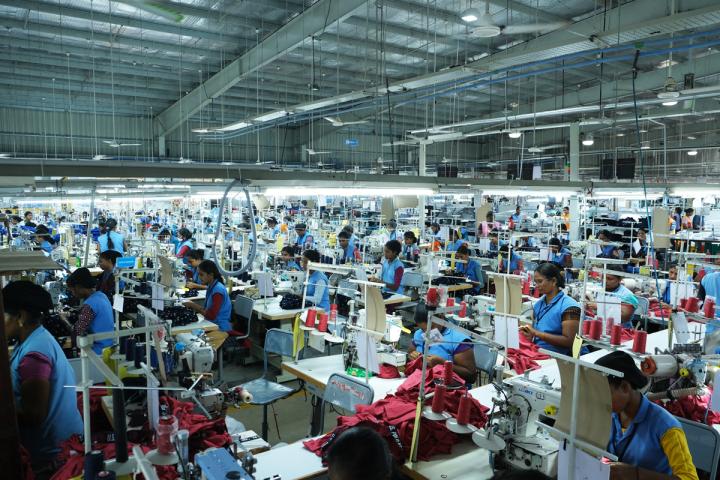
Book Brief: “Tasting Qualities”: What Tea Tells Us
In her book “Tasting Qualities,” published last summer by the University of California Press, Sarah Besky addresses the role of quality in contemporary capitalism and how a product as ordinary as a bag of tea is judged for quality—and the environmental and social effects of those judgements. She does this by tracing the work of producing quality across factories, plantations, auction houses, tasting rooms, and scientific laboratories.
A cultural anthropologist whose research uses ethnographic and historical methods to study the intersection of nature, labor and capitalism in South Asia, Besky is an associate professor in ILR’s International and Comparative Labor Department, as well as the school’s Labor Relations, Law, and History Department.
“I ask what quality is and where it is, geographically and historically, but I also ask what quality does—what claims about it are made, by whom, and with what consequences,” said Besky. “The quality of tea – or food, or water, or pharmaceuticals, or any number of other things – is shaped by the materials and means by which it moves around the world. An attention to both historical and contemporary conditions shows how unstable, perishable, and reactive these materials and means are. Quality is thus less a thing in the world and more of a set of ongoing experiments.
“One consequence of those experiments, as I show in the book, is the perpetuation of the plantation as a socio-ecological system. While tea plantations might seem like past formations, in South Asia, they are continually, experimentally, rearticulated. ‘Quality’ is the language and discipline through which the plantation continues to be thinkable and knowable. The plantation remains the answer to the question of how ‘quality’ black tea is produced, despite attempts to do otherwise. Quality is thus a discourse through which inequality persists.”
In the book’s introduction, Besky writes, “When tea drinkers reach for a bag of black tea, they are reaching for something dependable and standardized, not something unique and distinguished. This book tells the story behind that dependability and standardization. The sameness and reliability by which tea drinkers judge a good cup of tea is the result of a hidden, complex process that traverses the history of European colonialism, postcolonial economic debates, and the development of modern industrial food science. Above all, this book tells a story about quality: the ‘nice’ in that ‘nice cup of tea.’”
The main focus of the book are the spaces between the plantations and consumers. Besky writes, “Over the history of the tea industry, this system has been refined by professional tea tasters, auctioneers, blenders, and scientists – people that all occupy the intermediary position in the system that moves tea from the farm to the cup. The work of these figures helps make the black tea bag reach consumers in the form they come to expect time after time.”
While researching the book, Besky had access to the Indian Tea Association archives and through its papers, she found numerous references to “quality” as the object of analysis for industrial scientists, engineers, bureaucrats and regulators.
“This made me think about what I knew about contemporary food studies, in which a great deal of wonderful work had been done,” she said. “What was evident in the industrial archive for tea was that quality was something that was actively being worked on—something that had to be produced—in the colonial project of Indian tea production … This led me to think not about what quality is—as in, how different consumer or producer groups imagine and sustain it—but what quality does—as in, how consumers, producers, and, crucially for my argument, the players in between such as scientists, tasters and brokers work with quality.”
Besky started research for the book during her dissertation fieldwork on Darjeeling tea production, also the subject of her first book, “The Darjeeling Distinction.”
“A lot of high-end tea, like Darjeeling, is directly sold to buyers from plantations,” Besky said. “But, most tea in India moves from plantations onto brokerage firms. Brokers taste and sell that tea to buyers registered with an auction center. So, this makes normal old black tea way more interesting than high-end tea when it comes to questions about the production of value.
“Specialty tea is pretty straightforward and predictable in a market for prestige products. Focusing on mass-market black tea allowed me to spend time in the much less-understood spaces of tasting rooms and auction halls in Kolkata, but also allowed me to focus on the plantations where a lot of mass market tea is grown.”


